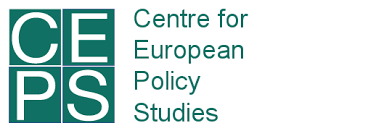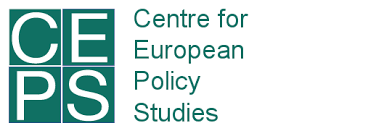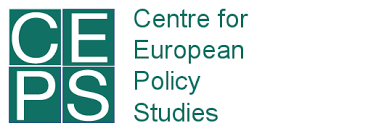Abstract
In its recent White Paper on a European Communication Policy, the European Commission has promised a “fundamentally new approach”. The policy is meant to narrow the communication gap looming between the European Union and its citizens and ultimately to map a way towards the development of a European public sphere. In contrast to the so called ‘Action Plan’ for improving the Commission’s own communication from July 2005, the White Paper is addressed to the EU as a whole, including other central institutions, member states, European political parties and even ‘civil society’. The purpose of this Policy Brief is to critically evaluate the proposals emanating from the White Paper and to advance several suggestions aimed at helping the current initiative to have a more tangible and long-term effect than its many predecessors, authored by Messrs Tindemans, Adonnino, Oostlander, DeClerq, Pex or Pinheiro.

Kurpas, Sebastian; Brüggemann, Michael; Meyer, Christoph (2006): The Commission White Paper on Communication. Mapping a Way to a European Public Sphere. Brussels (CEPS Policy Brief 101 / May 2006). Available online at http://shop.ceps.be/bookdetail.php?item_id=1328.




